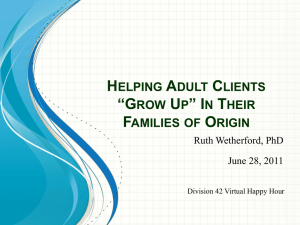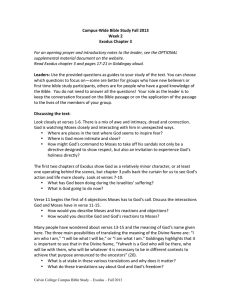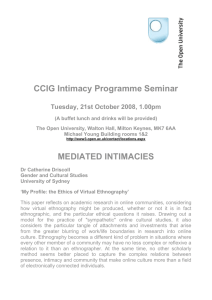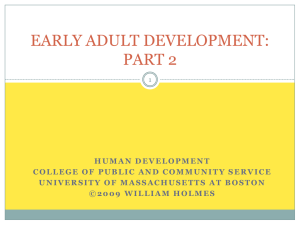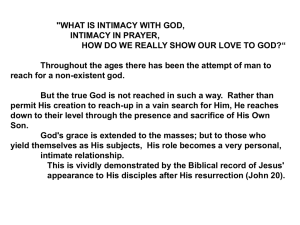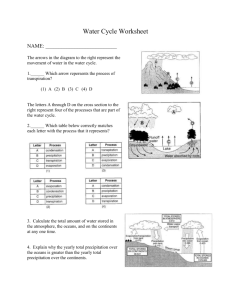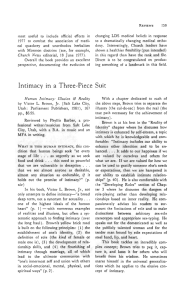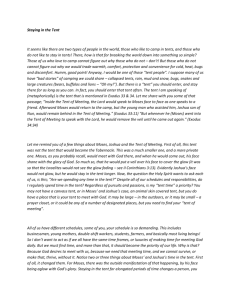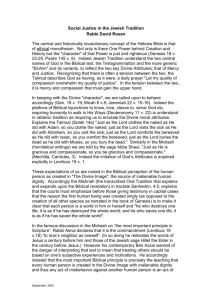Week 17 - Order Of Malta
advertisement
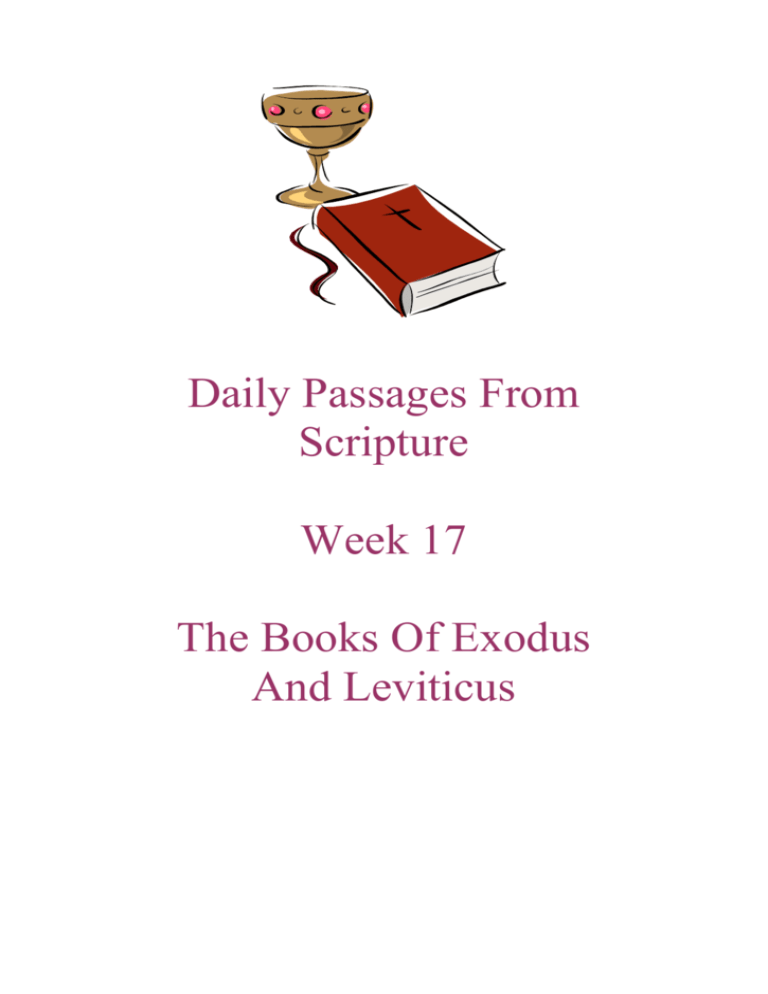
Daily Passages From Scripture Week 17 The Books Of Exodus And Leviticus Week 17: Monday The people had received a code of law, from God Himself. Thus their legal system was a divine one, not a human one. Once it was a divine legal system there was no fault in it. Observance of this divine legal system on the other hand, was very poor. What must have Moses felt inwardly seeing the huge difference between the divinity of God Himself and the sin executed by man? The intimacy he had undoubtedly enjoyed with God up on the mountain, away from it all, led him to fly into a rage at the sight of the golden calf. For him it was idolatry. Nothing else. What a difference from God Himself to a munching animal! Week 17: Tuesday Moses apparently wanted to continue sustaining his experience of intimacy with God. The best possible manner he could conceive of was creating a Tent of Meeting. This was set up outside the camp. Anyone who wanted to meet God, could leave the camp and go to the Tent of Meeting. This Sacred Tent still exists today but in a way that far surpasses that of the Old Testament. It can be found in any tabernacle in any church, in any chapel of adoration. Monasteries are another highly exclusive example of this Tent of Meeting with God. Instead of spending just a short while with God in a chapel, you can live all the time in God’s Presence under your roof by living in a Monastery. Week 17: Wednesday Moses’ intimacy with God is reflected even on his face. This intimacy at times is particular gift God may grant to chosen souls, whether living in the world or in consecrated life. Yet in every human being, of whatever religion, there is that seed of eternal life, which begins to germinate on this earth. How we live depends a lot on us. Whether we gain eternal life in heaven or not depends on us too. And these three factors can show us what quality of intimacy we have with God. Week 17: Thursday Exodus describes in a lot of detail how the Tabernacle was built. Today’s reading is just the start of these many details. For us they may seem absurd. Yet they were the governing principles of the Jewish community in the post-slavery era. More important is the symbol of the cloud the author uses to show God’s continual presence among His people. It was He who was responsible for their welfare and their existence, whether they camped or not. And this was something that all pagan nations heard of. Week 17: Friday Leviticus takes over from Exodus. The theme of today’s reading is the principle feast days the Jewish nation was to observe according to God’s commands. They may seem too many and not worth bothering to read. Yet they do give those interested in culture and history a lot of hindsight and opportunity for research into sources outside the Bible. Regards the divine aspect of the writing, they are the days God wanted His people to rest and enjoy His company. Week 17: Saturday The legal system is being presented in greater detail. One may really wonder what the Jews in the first few years after Egyptian slavery thought of all these laws, until they got used to them, if they ever did. Prophetic writings don’t seem show that the nation ever really bothered too much about law observance. As two English expressions unfortunately say: laws are there to be broken and history simply repeats itself. So those points are already in themselves points for meditation.
